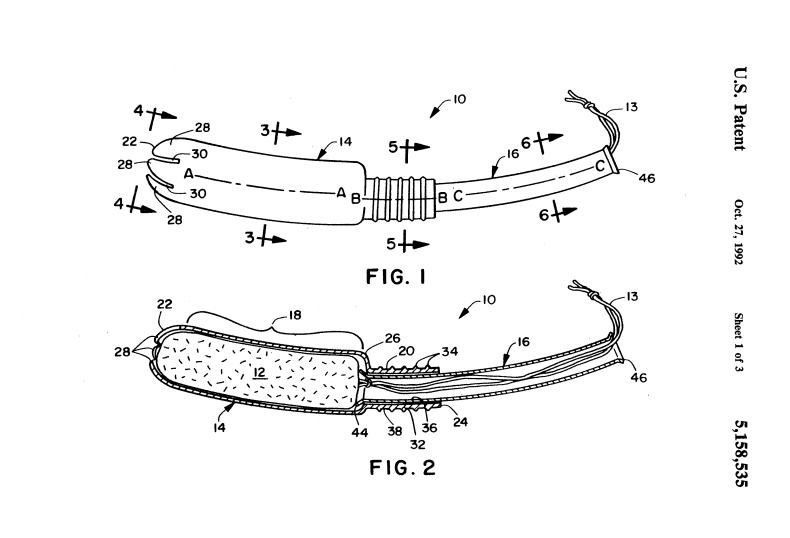
September 25 – 29, 2017
Emma started off the week by writing about why she cried while doing the dishes and listening to an NPR podcast. It’s not the reason you might think: What got me about this moment was that this successful, professional woman was using such a traditionally feminine example from her own life—and completely without apology.
What could possibly be better than Ann Finkbeiner arguing with herself about the Finkbeiner Test? I thought I might have to write a profile that would consciously fail the Finkbeiner Test, then change my name and move to New Zealand.
Rose reduxes a post about all the clever inventions people have come up with to assist with women’s menstrual periods. Have you ever wanted to know what’s going on with your tampon? Is it too full? Is it ready to come out? Or is it still ready for more uterine gold? Well, there might at some point be an app for that.
Science poetry comics. It’s a thing. It’s a wonderful thing (see image above), and Sarah showed us so on Thursday. They say she must eat light, and steer by it too –/the stars her lamp and compass.
Erik lives in Mexico City. He and his family are okay, but some of their neighbors aren’t. What happened in Mexico City was not what was expected. The buildings that came down not the ones we expected.And regardless of whether you think the city performed better or worse than expected, it was a brutal reminder that none of us is really in control.
See you next week!
*
Image by Sarah Gilman

 Creature of salt
Creature of salt

 I started crying while doing the dishes last week. Domestic weeping of this kind used to be rarer for me before the Trump election, but I am afraid it is all too common now since, like everyone else, I listen to the news while I do housework.
I started crying while doing the dishes last week. Domestic weeping of this kind used to be rarer for me before the Trump election, but I am afraid it is all too common now since, like everyone else, I listen to the news while I do housework.  And how did we entertain our gentle audience this week? Hopefully with great aplomb, Oxford commas, and the finest of verbs. You be the judges:
And how did we entertain our gentle audience this week? Hopefully with great aplomb, Oxford commas, and the finest of verbs. You be the judges: